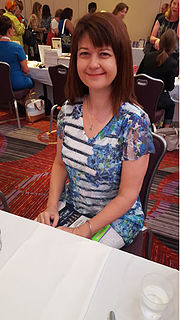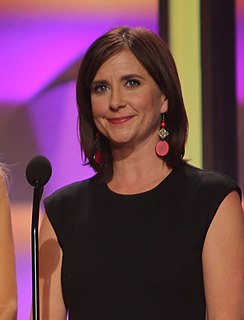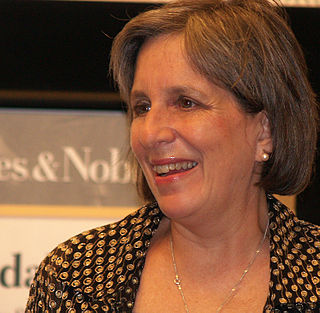A Quote by Edmund White
Readers of novels often fall into the bad habit of being overly exacting about the characters' moral flaws. They apply to these fictional beings standards that no one they know in real life could possibly meet.
Related Quotes
There are characters in some short stories who exist as people, and there are other characters in different short stories who exist as purely literary constructs. You know, the young man in "Forbidden Brides of the Faceless Slaves in the Secret House of the Night of Dread Desire" - I probably got that right - is a literary construct, and enjoys being a literary construct. He has no life off stage, whereas the young men in "How to Talk to Girls at Parties" were as near to being real human beings as I could possibly get them.
When you're training as an actor, a lot of the big work you're learning is to treat fictional characters like real people. You don't have the problem of discovering a backstory with real people, but there's always a mystery which is common to both fictional and factual characters. They are never quite the person you think they are.
The challenge in writing a show that's about people and their flaws is that it can easily tip over - okay, I'll sometimes watch something, and there will be characters that are written in a way that I'll know that the writer just hates human beings. They're expressing this misanthropic point of view with these detestable characters.
I was raised thinking that moral and ethical standards are universals that apply equally to everyone. And these values aren't easily compatible with the kind of religion that posits a Creator. To my way of thinking, an omnipotent being who sets up a universe in which thinking beings proliferate, grow old, and die (usually in agony, alone, and in fear) is a cosmic sadist.
When writers are self-conscious about themselves as writers they often keep a great distance from their characters, sounding as if they were writing encyclopedia entries instead of stories. Their hesitancy about physical and psychological intimacy can be a barrier to vital fiction. Conversely, a narration that makes readers hear the characters' heavy breathing and smell their emotional anguish diminishes distance. Readers feel so close to the characters that, for those magical moments, they become those characters.







































